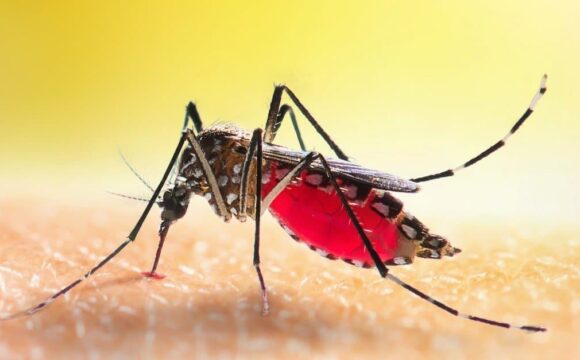Imagine discovering that you’re sharing your home with some non-paying tenants who are destroying it. Pests in the house are a real pain! Before moving in, you should always check whether a home has a pest infestation.
Natural factors such as climate change, food and water scarcity, and habitat loss could all contribute to pest infestation. Other issues, such as filth and poor living structure maintenance, may also be to blame. Is it the landlord, the property owner, or the renter who is responsible for pest control?
Connecting with a Middleton pest control company is the best solution for eliminating an infestation permanently.
WHO IS RESPONSIBLE FOR PEST CONTROL?
When natural events produce pests, the landlord usually should control them. However, when tenant-related problems like uncleanliness prompt pest control, the tenant is usually accountable. Landlords are frequently entrusted with eradicating pests that have taken up residence in dwelling spaces before tenants walk in.
The type of pests involved is one element that determines whose obligation it is to control pests. There may be rats, cockroaches, and other pests hiding in holes, cracks, and apertures in walls that result from severe damage. It is the responsibility of the landlord to eliminate these problems.
However, tenants are usually the ones to deal with pest problems caused by their behavior. An ant can spread infection when sugar is spilled on the floor. The renter’s responsibility is to manage this problem and prevent the population from expanding.
DO STATE LAWS COVER THIS?
In contrast, state legislation governing pest management can be quite diverse in the United States. Learn as much as you can about these laws, especially those that pertain to the state in which you intend to reside, before moving in.
To better understand the complexities of pest control operations in your area, you should consult your lawyer and an expert property manager before signing any stipulations. This will ensure your safety in case bugs invade.
Providing habitability assurance is a requirement for every landlord. As a result, landlords are obliged to maintain their properties in good condition to prevent health problems for their tenants.
SOLUTIONS FOR PEST CONTROL
Many pests cause havoc on occupants and the general public, including termites, cockroaches, ticks, mosquitoes, rats, fleas, and ants. You can ask your landlord to help you with pest control.
Additionally, tenants do their part by keeping their environments clean, reporting pest attacks, and assisting with pest control.








